# 8 Morning Has Broken
Words: Eleanor Farjeon
Music: Bunessan, Gaelic melody
Eleanor Farjeon, (born Feb. 13, 1881, London--died June 5, 1965, Hampstead, London), English writer for children whose magical but unsentimental tales, which often mock the behavior of adults, earned her a revered place in many British nurseries.
The daughter of a British novelist and granddaughter of a U.S. actor, Eleanor Farjeon grew up in the bohemian literary and dramatic circles of London. Attending opera and theatre at 4 and writing on her father’s typewriter at 7, Farjeon came to public attention at 16 as the librettist of an opera, with music by her brother Harry, which was produced by the Royal Academy of Music.
Her success with Nursery Rhymes of London Town (1916), simple tunes originally for adults but adapted and sung in junior schools throughout England, spurred her writing. In addition to such favorites as Martin Pippin in the Apple Orchard (1921) and The Little Bookroom (1955), which won the Carnegie Medal and the first Hans Christian Anderson Award, Farjeon’s prolific writings include children’s educational books, among them Kings and Queens (1932; with Herbert Farjeon); adult books; and memoirs, notably A Nursery in the Nineties (1935; rev. ed. 1960).
BUNESSAN is a Gaelic tune that was first published (melody only) in Lachlan Macbean's Songs and Hymns of the Gael (1888) as a setting for Mary Macdonald's carol "Child in the Manger." The tune is named after Macdonald's birthplace on the Isle of Mull, Scotland. BUNESSAN is also well known as the setting for Eleanor Farjeon's "Morning Has Broken" (1931), published in many hymnals and widely popularized by Cat Stevens, who recorded an arrangement of the tune in 1971.
Source: Hymnary.org
Enjoy Cat Stevens. A real blast from the past, but so good. https://www.youtube.com/watch?v=uZAsfB1Np-8

